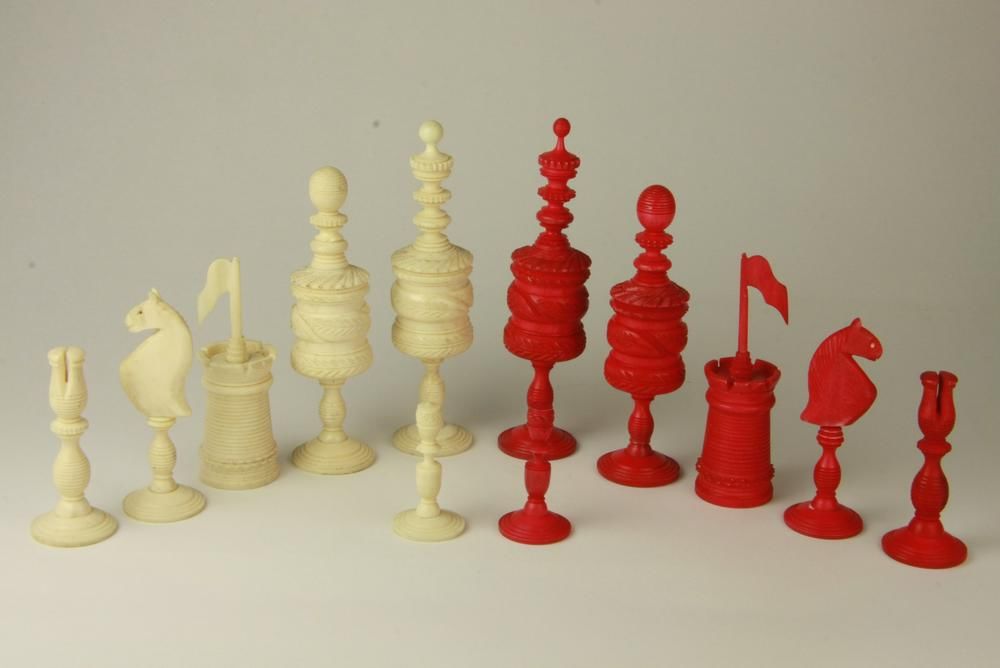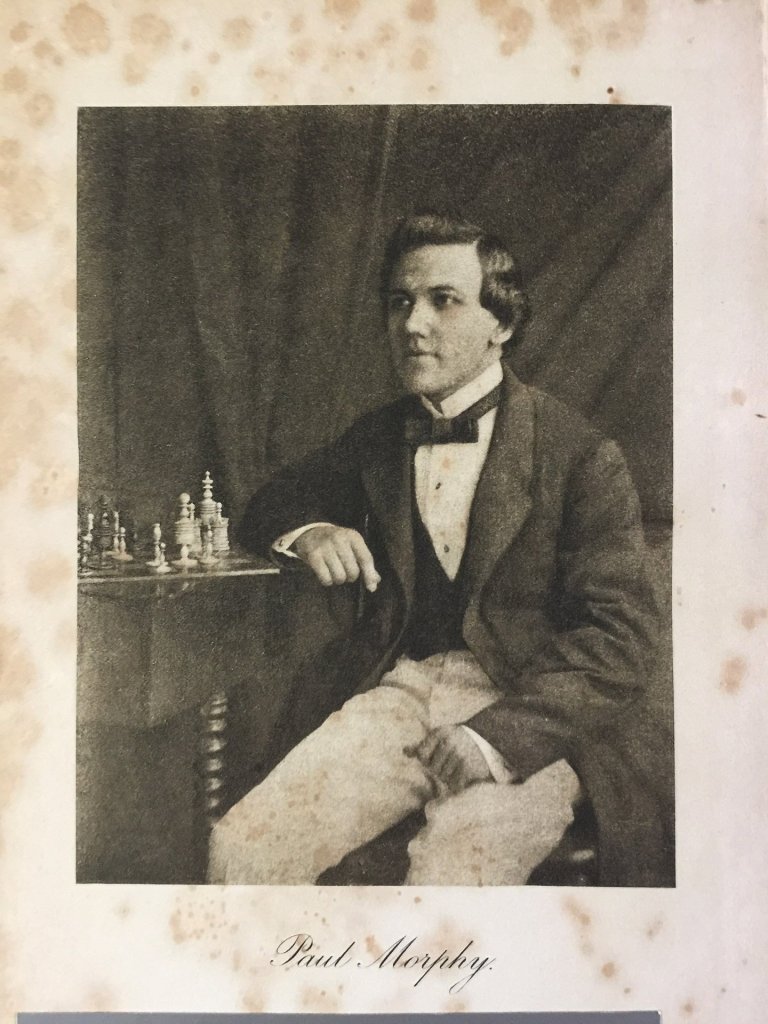We have historians for war, fine art, films, mathematics, astronomy, and of nations. But we don’t, as far as I know, have an expert, who specialty is chess history.
Most of the history we can find on Internet is a brief overview of the game.
Here is an example, from The History Guy, who certainly knows his stuff and usually provides a well-rounded and complete video on many historical subjects.
A little more of Queen Isabella of Spain that is referenced in the video. These notes help complete the profile of the noble Queen.
She took the throne in 1474 and instituted many legal, economic, and political reforms. She is also the one who financed Christopher Columbus to find an alternate route to China (he failed of course).
By most accounts, she was a capable queen and more of a reformer and leader than King Ferdinand (her husband).
Chess was known in the kingdom of Ferdinand and Isabella.
In fact, Isabella learned chess along with her other studies while she was growing up.
And special note here. At the end of the video, the speaker makes the comment how the original board game was played on an “8 inch by 8 inch board”. If chess was first developed in about 500 AD as most accounts claim, then the British had not yet introduced their Imperial units of measures, which included the inch. Probably he meant, “8 squares by 8 squares board”.
While I learned a few tidbits, I wanted more. More than an overview. Much more.
Most of the information of players, opening theory, changes in tournaments (clocks, formats, etc.), players histories, and even many GM games, are scattered among many collectors and museums. There is no clearing house, no attempt to collect and format all the data for reference, or at least to provide an easy timeline.
I challenge you to discover which year 10 GMs earned their title. The only restriction is none of your 10 GMs can be a World Champion.
Indeed, there are several people online who, with abundant amount of time, can help fill some of the gaps and occasionally overturn many assumptions about the history of chess.
One of my favorites is “batgirl” on chess.com.
Here is a series of posts that generated a lot of responses.
https://www.chess.com/article/view/american-woman-part-i
So why am I making such a big deal over all this?
Well, last year (2019) a movie was being made. It was titled, “The Opera Game” and was to be a film about Paul Morphy.
It failed to come out this year. One reason might be because of the Corona-19 virus that forced the postponement or cancellation of many new movies in production.
Another reason might be is there are many gross errors both the main character (Paul Morphy) and the use of chess notation.
Here is what I wrote on the forum. Please know we only saw the trailer, a short film which is supposed to highlight the film (instead this trailer sank it).
In watching the trailer for the “The Opera Game”, I noticed several glaring errors that could have been resolved by resorting to the Internet (no books needed). I also did not know what century this movie was set.
First, Algebraic Notation (AN) was used by the Europeans, except for the British, who used DN. The United States also practiced DN. Morphy would have certainly used DN, and not AN as the movie alleges.
I am old enough to remember DN – I used it for a while in beginning years of chess. I changed to AN when it became popular in the 1980s.
It was a glaring error in the movie.
The chess sets were another problem. The sets displayed in the movie were not generally used by 19th century Southern aristocrats. I did a little research on the Internet. Here are the pieces Morphy would more likely to have used. I took me less than five minutes to find the images.


In fact, I found another photo of Morphy with a chess board on the Internet. It took slightly longer: about 5 minutes this time.

Finally, the dialog is again from the 20th or 21st century. People at that time were much more reserved and polite, especially in the South.
Morphy was shown to be young, when he played his uncle blindfolded, which the movie got correct. He was also frail, quiet, inquisitive, and probably introspective. But nothing like that was shown in the movie. What we got instead is snarky kid who didn’t show respect to his uncle. Unthinkable in the South.
A consultant or chess historian would have proven to be useful and essential to improving the quality of the movie.
A link to the trailer is given below.
http://theoperagamemovie.com/index.cfm?e=inner&itemcategory=73654
This movie about our favorite board game would be greatly improved if they had paid a consultant who knew the history of the game. Instead, this movie, if it ever comes out, might give some potential players an inaccurate portrayal of chess and impede the growth of the game.
The worse is trying to convince the non-player that the movie is inaccurate, and he should ask an expert on chess history. But where is the expert?

Good post.
LikeLike
Thank you
LikeLike